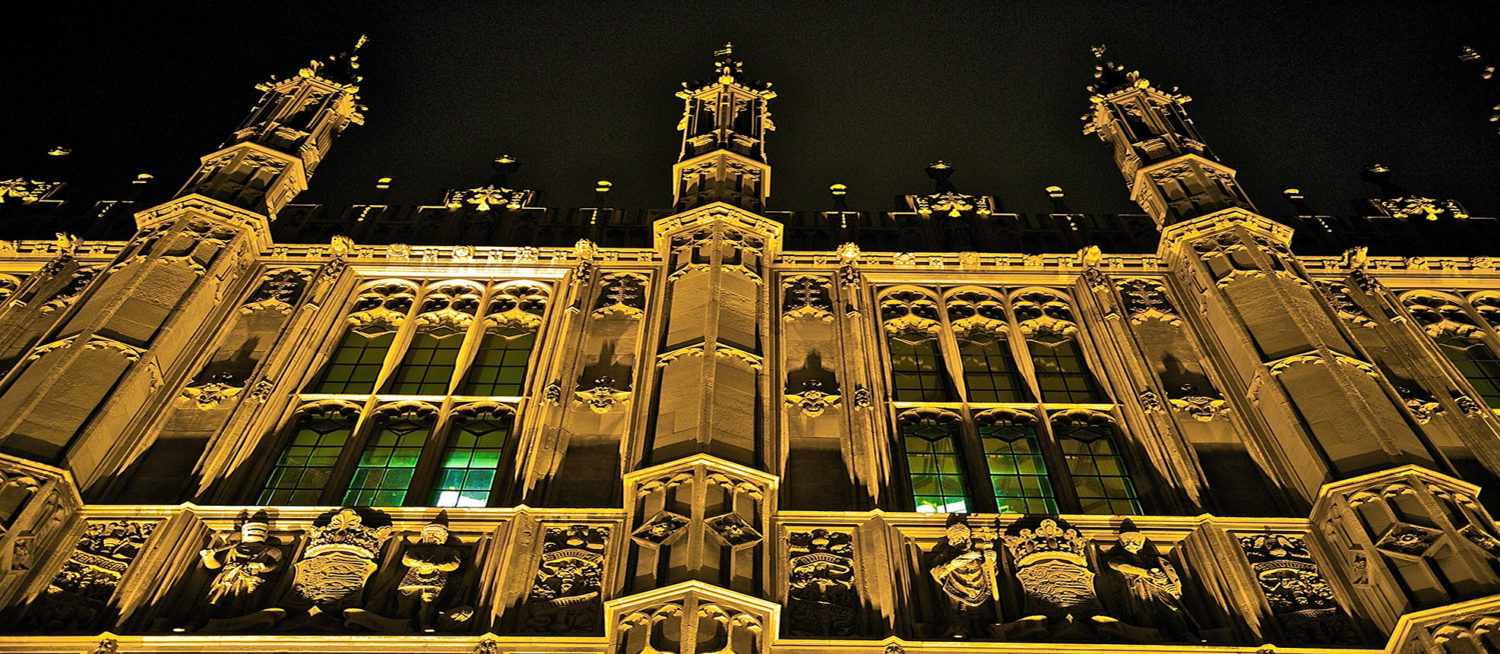A party for the many?
It’s easy to see why BAME women feel politics isn’t for them, writes Morenike Adeleke.
As a young black woman I experience microaggressions on a regular basis because of my gender and my race. In the workplace, I am used to having my accreditations questioned and people ask men the same questions they asked me, despite me being able to answer them correctly. When I say I’m going home, colleagues assume I’m referring to Africa. Even walking down the street, I sometimes feel as though people look at me like I’m a second-class citizen because I am not white.
Experiences of sexism and racism are rife for BAME women in the political sphere which is traditionally seen as a space for white men. Whether it’s Diane Abbott MP receiving more abuse than any other MP simply for being a black woman; or Dawn Butler MP being told she was in the wrong place when she went in the parliament lift exclusive to MPs; or my own personal experience of being ignored when I go to events because I am often the only woman of colour in a room filled with dozens of white men, politics can often feel like a hostile environment for BAME women.
When a woman of colour constantly highlights these problems, it’s easy for her to be stereotyped as only caring about and fighting for BAME or women’s rights. I have found that when I voice my opinions on other political matters, if they’re not related to race or gender, my view isn’t counted. Alternatively, if there is a story about race relations or women’s rights, my opinion is sought after as if I am the local spokeswoman for all women of colour.
Until recently there were very few black women sitting in parliament in the UK and black women are underrepresented in councils, CLPs and pretty much every level of government. And yet black voters in the UK tend to regard the Labour party as their political home. So why are we only just beginning to be represented in political positions? This needs to change if we are going to call ourselves a party for the many, not the few.
Whilst on the London Young Labour committee, I carried out a focus group to find out exactly why BAME women feel politics isn’t for them.
One major factor is that women of colour rarely see female BAME politicians in the media and when they do, they are often portrayed negatively. This can intimidate women of colour who want to go into public life, placing a fear in their minds that their triumphs will not be celebrated or noticed, but their shortcomings will be amplified. Take Diane Abbott and when she was unsure of her numbers during the 2017 general election. She is still ridiculed by politicians and the public to this day. She is not the only politician to mix up her numbers, so why does she get such a hard time? I can’t help but question whether she’d get the same amount of ridicule if she were a man, or if she were white.
The stereotyping of BAME women was another main reason why women of colour feel politics isn’t for them. For instance, it has been noted that there is a portrayal of black women in the media that we are upfront, sassy and confrontational. As such, BAME women can feel like they either have to play to that stereotype, or they have to act ‘white’ to be accepted – for instance anglicising your name if you have a non-English name, or feeling as though you have to adopt UK culture to fit in with colleagues, such as going to the pub. It can often feel that rather than celebrating our differences, we are made to feel that we have to fit a specific cultural mould that is acceptable in the world of politics.
Finally, it is clear that women of colour need be better supported by other BAME women in politics; from understanding what a CLP is to the workings of the National Policy Forum, buddying up new members with those more experienced in the field can be vital in engaging and involving more women of colour.
Furthermore, whilst there are schemes that exist that aim to get more women involved in politics and public life, introducing similar schemes solely for women from BAME backgrounds, or ensuring a quota of women of colour on these programmes, could be as successful in getting more women of colour through the talent pipeline as the introduction of all-women shortlists was in getting more women into parliament.
While it is true that parliament is now more diverse than it has ever been, there is still a long way to go. Getting more women of colour involved in politics must be the next focus of the Labour party in order to ensure that our future leaders are as diverse as our party membership and a true representation of the country as a whole.

